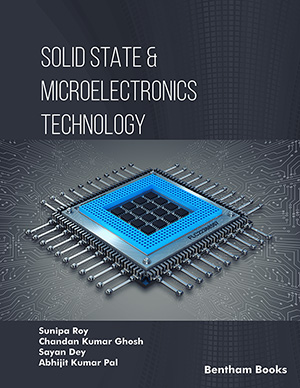
Abstract
Background: In traditional temperature protections for dry-type transformers, a transformer is switched off when its temperature is over a high threshold value. Because the actuation time is too long, the transformer will suffer from very high temperatures. In order to overcome the problem, a faster temperature protection based on temperature variation acceleration algorithm is developed.
Methods: By studying the temperature change rules and the variation velocities of temperature, the temperature variation acceleration was proposed. The temperature variation acceleration could be calculated by use of three contiguous sampled values. The temperature variation accelerations under working orders are always negative, the temperature variation accelerations under short circuit faults are always positive.
Results: The temperature protection based on the temperature variation acceleration correctly and quickly discriminates the short circuit fault with the influence of the thermal time constant and noises of the sensor. Its actuation time is very short and the corresponding temperature of the transformer is low. So it performs much better than the traditional temperature protection not only in accuracy but also in recognition speed.
Conclusion: The temperature protection based on the temperature variation acceleration for dry-type transformers acts much faster and more accurately than traditional temperature protections.
Keywords: Dry-type transformer, temperature protection, temperature variation acceleration, fault criterion.
 12
12 3
3 1
1 1
1











